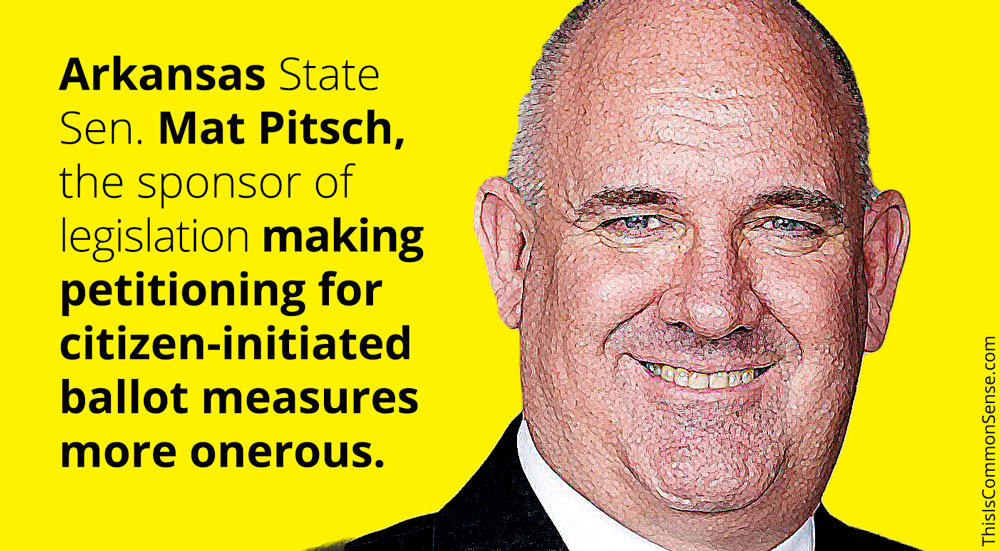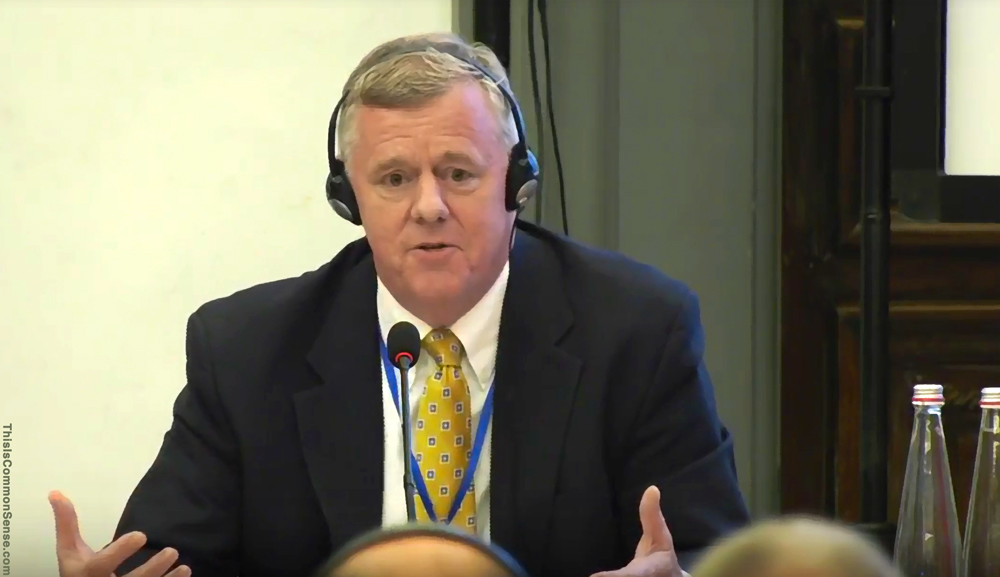Reid Wilson’s very welcome reporting in The Hill, recently, was headlined, “GOP legislators clamping down on voter initiatives.”
This disrespect for the people and their basic, democratic check on legislative power is far too common, and something about which people need to know.
For instance, ballot measures in Florida already must garner a supermajority of 60 percent to win, but politicians are now proposing that threshold be hiked still higher to 67 percent. Not to mention bills to burden petitioners with unconstitutional restrictions.
Though most of the attacks are coming from Republican-dominated legislatures, the article also made clear that Democratic Party legislators in several liberal states — California, Oregon, Washington — are also trying to “take power away from voters.”
But the article lacked some very pertinent information, allowing politicians to make some terribly misleading charges against direct democracy.
“In the last seven elections, we’ve actually changed our constitution 20 times,” complains Arkansas State Sen. Mat Pitsch, the sponsor of legislation making petitioning for citizen-initiated ballot measures more onerous. “We’re averaging three changes every other year. Things that normally are voted on by elected representatives were making their way through constitutional ballot measures.”
Sen. Pitsch thinks legislators should make these decisions, instead of voters. How convenient.
But the state’s motto is “The People Rule.”
Honest people can disagree about how often state constitutions should be amended, but 20 amendments in 14 years does not make Arkansas one of the more prolific states. Moreover, consider the genesis of those 20 amendments. Only three were citizen-sponsored measures; the other 17, the vast majority, were placed on the ballot by … legislators!
A fact the reader should have been told.
This is Common Sense. I’m Paul Jacob.

—
See all recent commentary
(simplified and organized)










